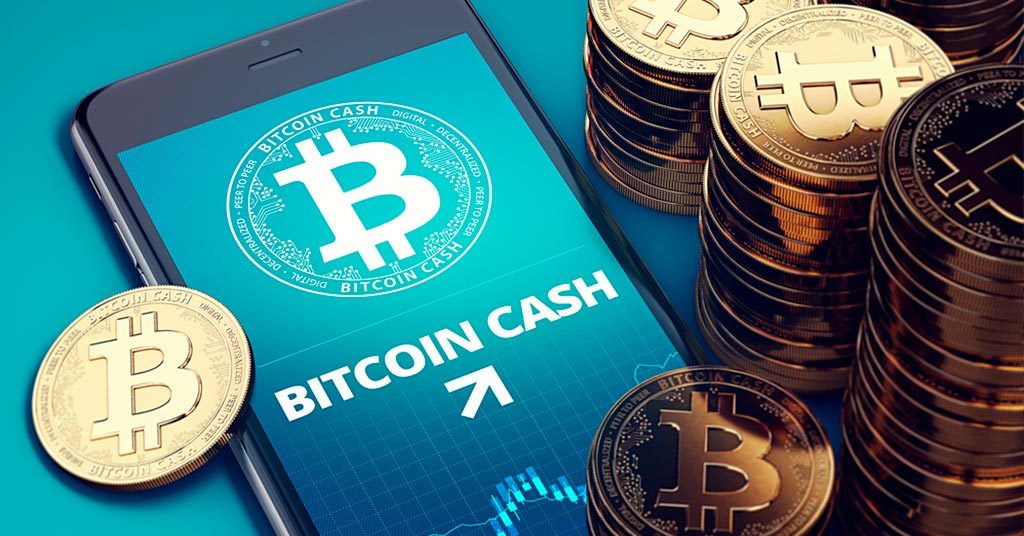
2018-11-13 21:19 |
The Bitcoin Cash (BCH) hard fork is less than a week away. Statistics published yesterday showed more than half of the network’s miners supported Bitcoin SV, the brainchild of Calvin Ayre and Craig Wright. The team behind Bitcoin SV has told Crypto Briefing that the protocol reportedly ‘excelled’ during preliminary tests.
The BCH professional stress test, which took place on Saturday, included Craig Wright’s BMG and Calvin Ayre’s CoinGeek: two of the largest mining pools on Bitcoin Cash. Over the course of four hours, 50 nodes around the world sent a total of 1.5m BCH transactions – an average of 666 transactions per second – using three of the proposed client implementations: Bitcoin SV, Bitcoin ABC and Bitcoin Unlimited.
The team behind Bitcoin SV said the new protocol implementation allowed BMG pool to mine four 32MB blocks, each containing 166,000 transactions, during the stress test. These are reportedly the largest blocks ever to be mined; not just on the Bitcoin Cash network, but on any Proof-of-Work (PoW) blockchain. SVPool, another mining pool connected to Craig Wright, mined a 20 MB block; CoinGeek managed to mine a 15 MB block.
The biggest block Bitcoin ABC could mine, in comparison, was one single 8 MB block. The biggest block size on average for the protocol was 1-2 MB.
“In advance of the November 15 network upgrade and hash war between competing BCH implementations,” Bitcoin SV said, “This pre-test demonstrated why Bitcoin SV is a superior choice for miners over Bitcoin ABC and other full node clients.”
What is the BCH hard fork?The Bitcoin Cash hard fork is a disagreement about how the network could best improve its scalability and overall performance. Bitcoin Unlimited allows miners to adjust and select for themselves the block size they wish to process. Supported by Bitmain and Roger Ver, Bitcoin ABC wants to keep block sizes as they are but introduce non-cash transactions to the protocol. Bitcoin SV (the ‘SV’ stands for ‘Satoshi Vision’) argues a larger block size of 128 MB will turn BCH into a global payments network that remains true to the original Bitcoin (BTC) whitepaper penned by Satoshi Nakamoto.
“We want to restore the BCH protocol to Satoshi’s original design, and then keep it stable just like the Internet protocol does not often change,” said Bitcoin SV Technical Director, Steve Shadders. “For BCH miners around the world, the correct choice is Bitcoin SV. We provide the path to achieve the original Satoshi Vision for Bitcoin, which will enable miners to generate more transaction revenue and remain profitable for years to come.”
More than half of the mining community supported Bitcoin SV. Data collected by Coin.Dance, a blockchain statistics website, found that roughly 58-68% of the BCH network’s total hashrate supported Bitcoin SV, compared to the approximate 19-32% that backed ABC. The number moving to the SV camp has steadily risen over the course of Monday and could be as high as 74% based on current estimates.
A pyrrhic victory for Bitcoin SV?Arguments for bigger block sizes boil down to a question of capacity. A bigger block can handle more transactions, which makes it more useful as a payments solution. Those against it worry that it’s a short-term solution that only serves to increase the cost of participation, by raising the cost of a full node. This infringes on the principles of decentralization which should, in theory, allow anyone to participate in the network regardless of the hashing power they control.
Bitcoin SV have said 128 MB blocks are the first step. The plan is to keep raising the block size until they can do away with a maximum size altogether. “Once we go to a 128MB default maximum block setting, I look forward to seeing even bigger blocks,” said Bitcoin SV’s lead developer, Daniel Connolly. “One day, we will lift the default block cap altogether so that miners can configure their own block settings.”
The debate surrounding the fork has become increasingly heated over the past few months. A letter to Ver, supposedly written by Wright, caused a stir last week. In it, Wright threatened to stop using the Bitcoin Cash protocol and bring the BCH price down to $0, if ABC was implemented.
Ever since its split from Bitcoin in August last year, the key founders behind Bitcoin Cash have worked together in an uneasy alliance. It’s unknown whether these new divisions can ever be fully repaired, and if the two factions – SV and ABC – can ever be fully reconciled.
Bitcoin SV may win the coin toss, but it could be too late to save Bitcoin Cash.
The author is invested in BTC, which is mentioned in this article.
The post Bitcoin SV Flexes Muscles In Stress Test appeared first on Crypto Briefing.
origin »Bitcoin price in Telegram @btc_price_every_hour
Bitcoin (BTC) на Currencies.ru
|
|




















